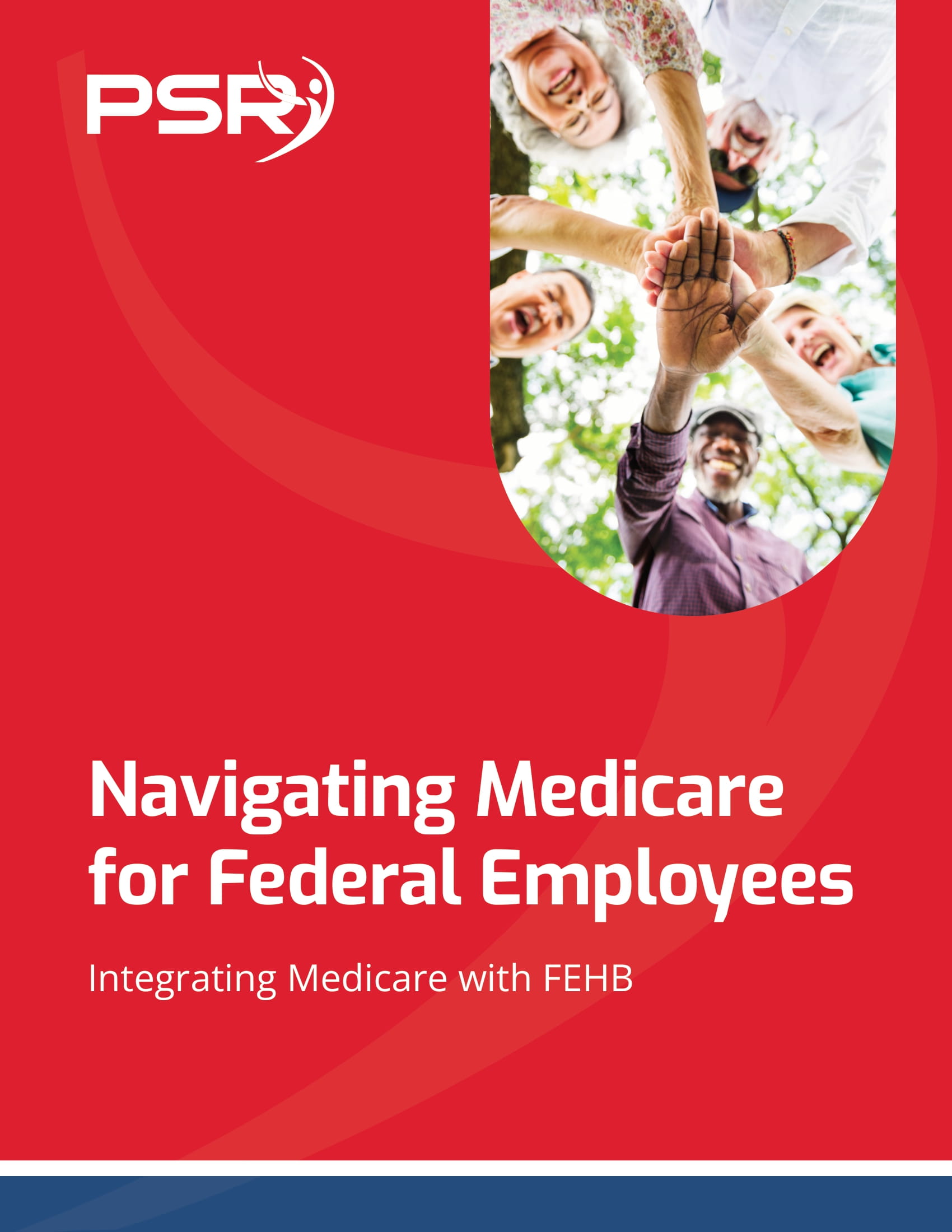Key Takeaways
-
Skipping FEHB Open Season can lead to significantly higher healthcare costs in retirement, reducing your long-term financial security.
-
Open Season is your only chance each year to adjust coverage to fit your changing needs, ensuring you’re not overpaying or underinsured.
Why Ignoring FEHB Open Season Could Cost You More Than You Think
- Also Read: Divorce and Your Federal Pension—What Happens When You Split Assets and How It Could Affect Your TSP
- Also Read: What Happens to Your Federal Benefits After Divorce? Here’s the Lowdown
- Also Read: The Best FEHB Plans for 2025: Which One Fits Your Lifestyle and Budget the Best?
1. Healthcare Costs Are Always Changing—Your Plan Should Keep Up
FEHB premiums and out-of-pocket costs typically change every year. In 2025, enrollees are seeing an average 13.5% increase in their share of premiums, which could translate to hundreds of extra dollars annually if you’re not paying attention. Deductibles, copayments, and coinsurance can also shift, meaning your total healthcare expenses might be significantly different from last year.
Reviewing Your Plan Annually Helps You Stay Ahead
If you don’t compare plans during Open Season, you could be stuck in a plan that no longer makes financial sense. By reviewing the updated cost structures and comparing them to your healthcare needs, you can ensure you’re getting the best deal possible.
How to Stay Informed on Annual Cost Changes
-
Review the annual FEHB plan comparison charts.
-
Pay attention to premium increases and coverage shifts.
-
Consider whether your healthcare needs have changed over the past year.
-
Check for new benefits or exclusions that could impact your care.
2. Sticking With the Same Plan Could Mean Paying for Unnecessary Coverage
Your healthcare needs evolve over time. Maybe you had a high-deductible plan when you were younger and healthier, but now you need more comprehensive coverage. Or perhaps you’re paying for extra benefits that you no longer use. If you don’t review your plan during Open Season, you may be spending money on coverage that doesn’t fit your current situation.
Adjusting Coverage Based on Life Changes
Significant life events, such as retirement, marriage, or a new medical diagnosis, should prompt you to reevaluate your healthcare needs. Open Season is the perfect time to do this, ensuring your plan is aligned with your current circumstances.
Common Coverage Adjustments to Consider
-
Switching to a plan with lower out-of-pocket costs if you anticipate more medical care.
-
Moving from a high-deductible plan to a more comprehensive option as you age.
-
Adjusting your family coverage if dependents no longer need to be on your plan.
3. Missing Open Season Could Leave You Stuck With Higher Costs for an Entire Year
FEHB Open Season only lasts for a few weeks each year—typically from mid-November to mid-December. If you miss it, you’re locked into your current plan until the next Open Season unless you experience a Qualifying Life Event (QLE), such as marriage, divorce, or the birth of a child. Otherwise, you’ll have to wait an entire year to make changes.
Avoid Costly Surprises by Making Changes While You Can
If your current plan increases its costs or changes its coverage structure in a way that no longer benefits you, you won’t be able to switch until the next Open Season. This means you could end up paying thousands more in out-of-pocket costs simply because you didn’t review your options in time.
Planning Ahead to Avoid Being Stuck
-
Mark Open Season on your calendar as soon as dates are announced.
-
Set a reminder to review your options at least two weeks before the deadline.
-
Use online tools provided by OPM to compare plans before making a decision.
4. Not Coordinating FEHB With Medicare Can Lead to Overpaying
For federal retirees, coordinating FEHB with Medicare is a crucial financial decision. Once you turn 65, you become eligible for Medicare, and many FEHB plans offer cost-saving benefits when combined with Medicare Part B.
Why This Matters in 2025
-
Some FEHB plans reduce or eliminate deductibles and copays if you enroll in Medicare Part B.
-
Failing to review your options during Open Season might mean you’re paying more than necessary for duplicate coverage.
-
If you delay enrolling in Medicare Part B, you could face late enrollment penalties that increase your costs permanently.
Maximizing Savings with Medicare and FEHB
-
Look for FEHB plans that offer premium reimbursement for Medicare Part B.
-
Compare coverage options to avoid overlapping benefits and unnecessary costs.
-
Consider enrolling in Medicare Part B when first eligible to avoid penalties.
Take the Time to Review Your Options—It’s Worth It
The decisions you make during FEHB Open Season directly impact your healthcare costs for the next year—and potentially beyond. Ignoring it could mean overpaying for coverage, missing out on valuable benefits, or getting stuck in a plan that no longer meets your needs. Take advantage of this limited window to ensure you’re making the best financial and healthcare choices for yourself and your family.
If you need assistance navigating your options, get in touch with a licensed agent listed on this website for personalized guidance on selecting the right FEHB plan for your situation.











